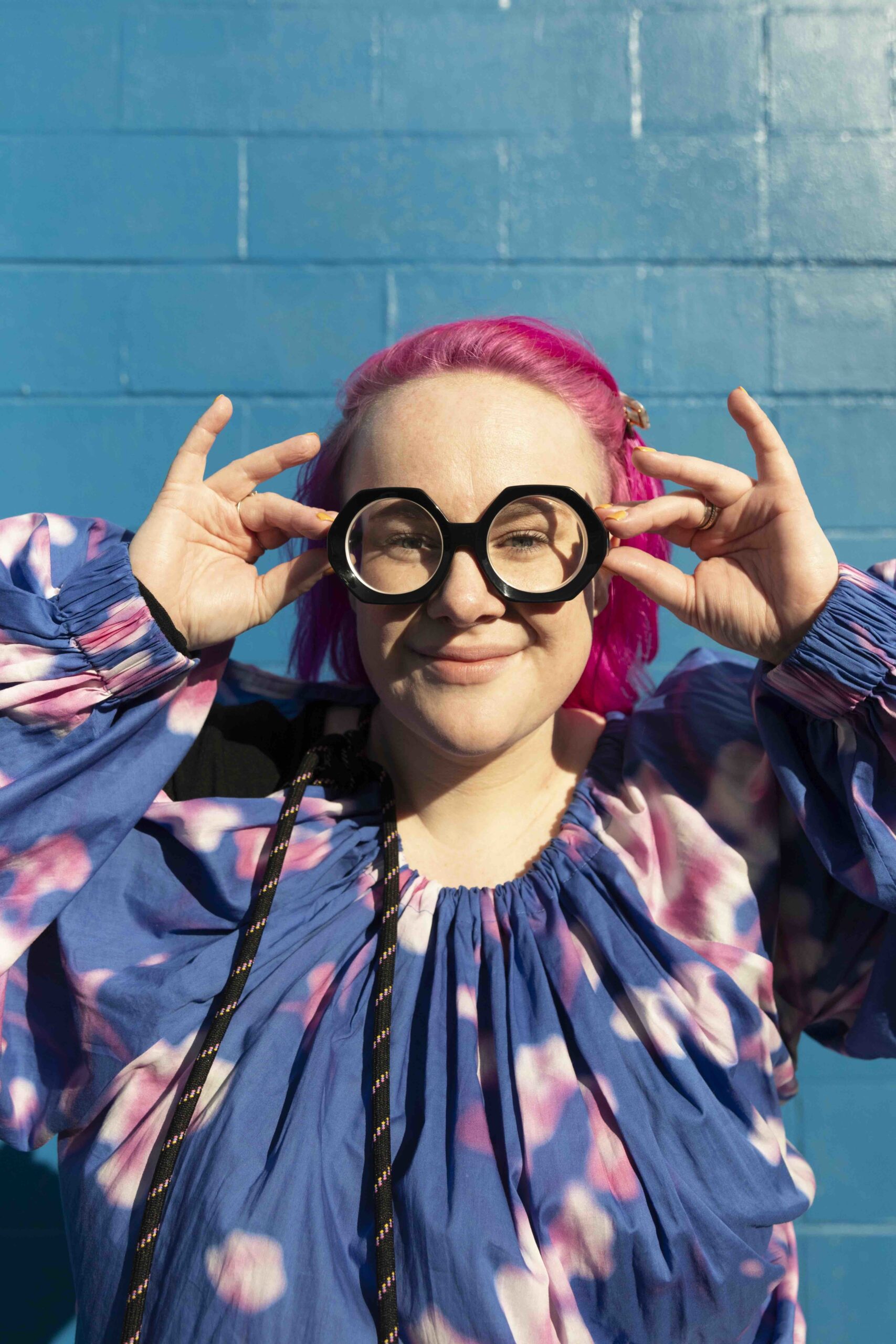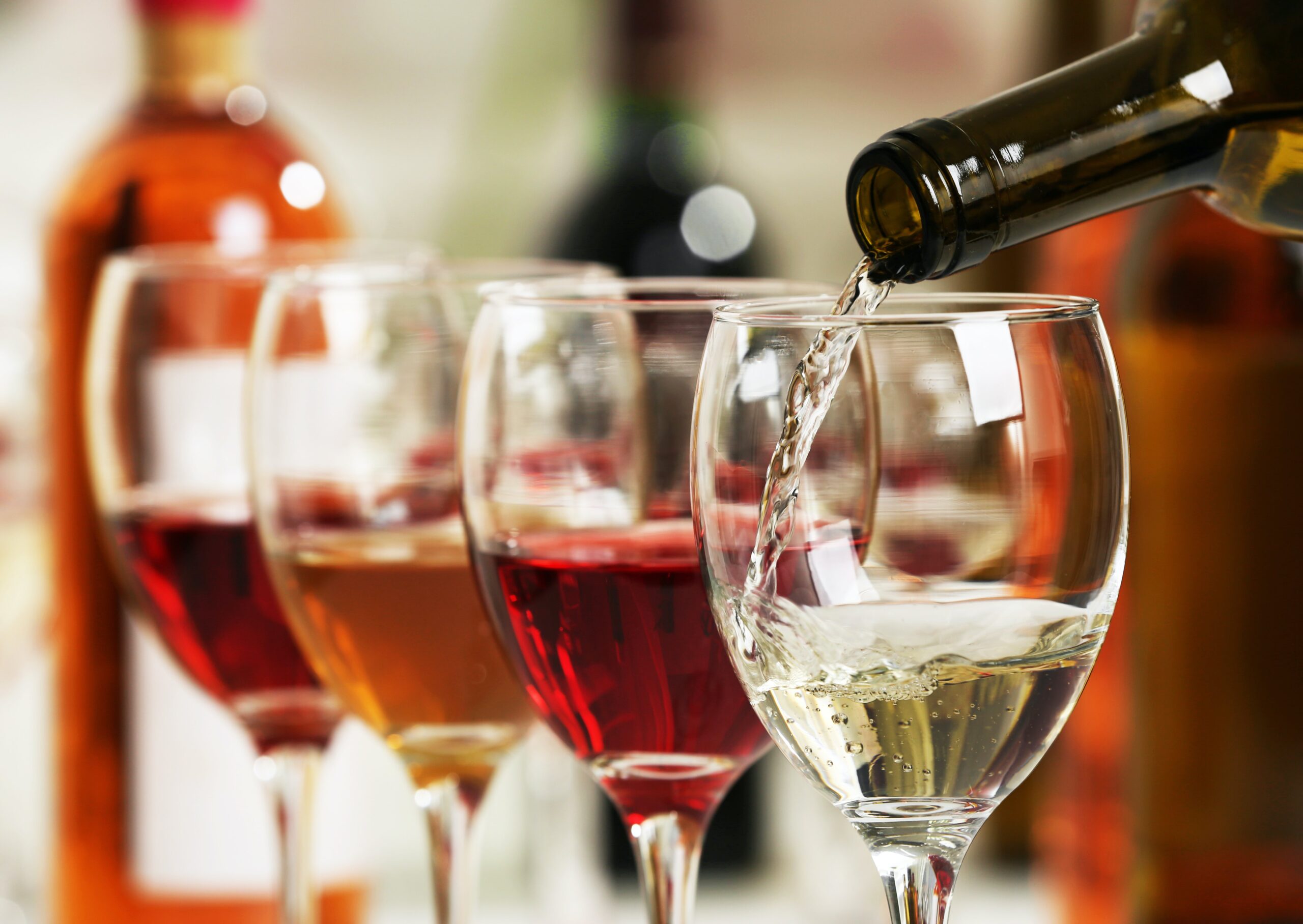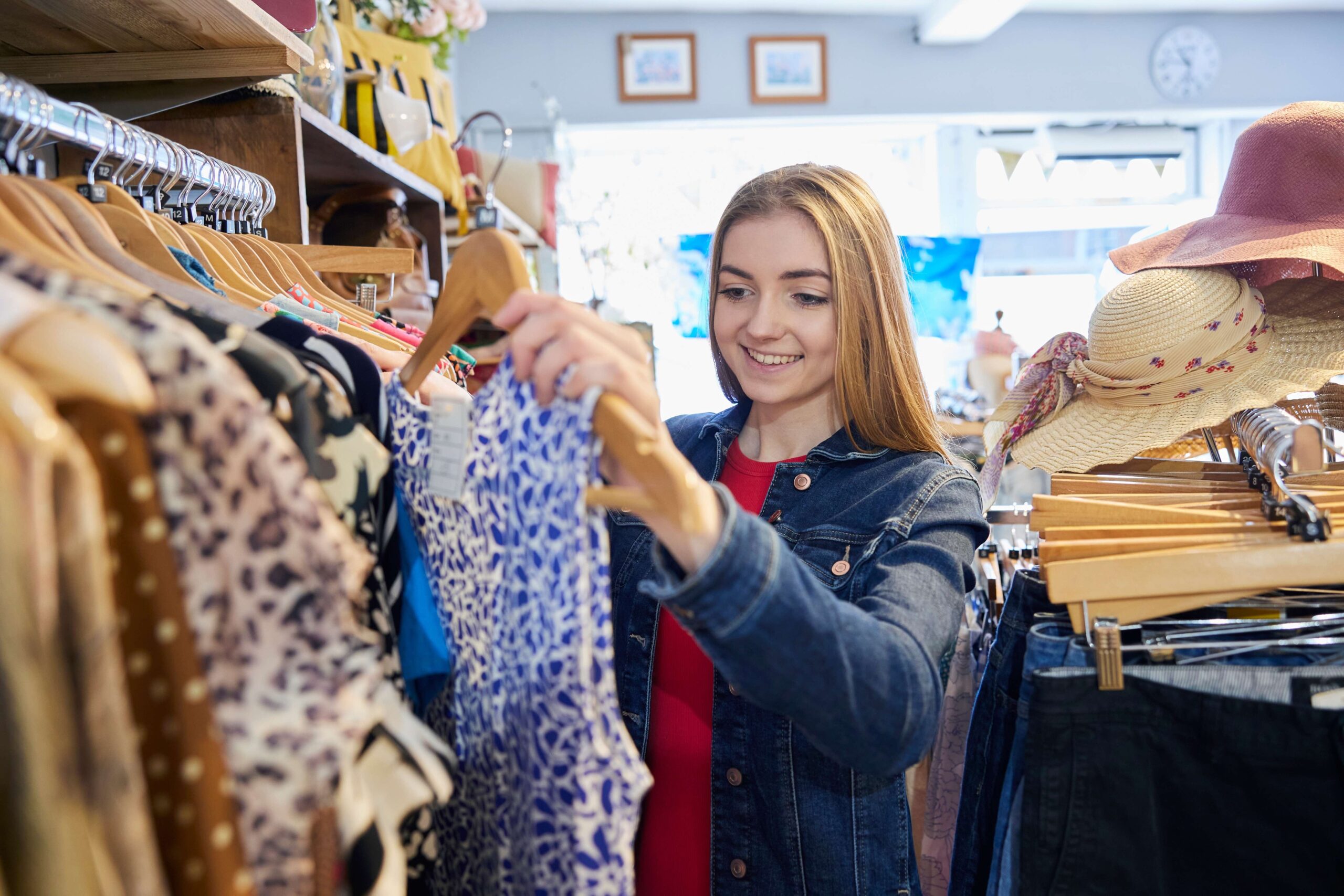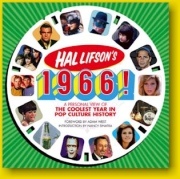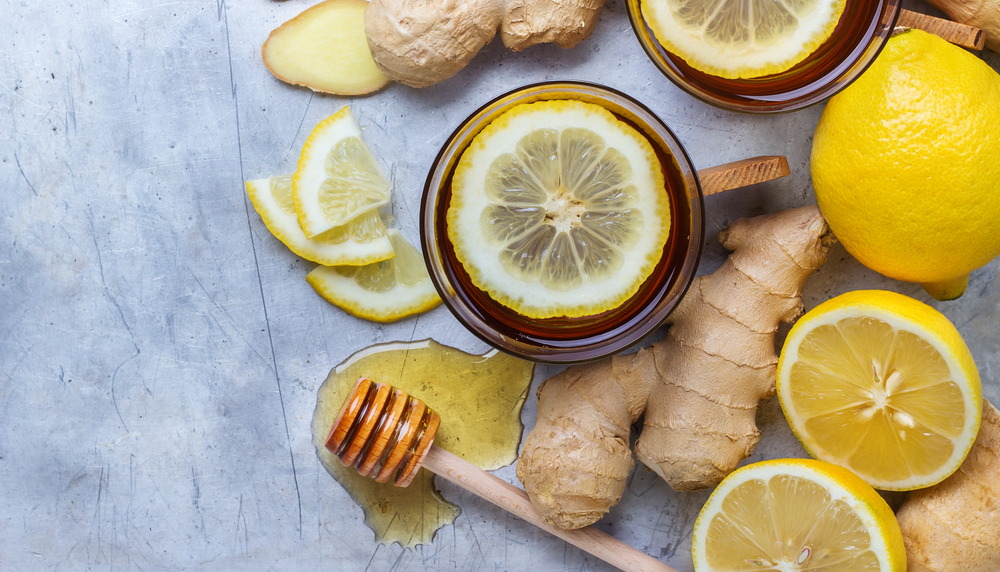Aych McArdle has been pursuing fundamental rights for all from a young age. Now wearing many hats, this human rights activist’s work for minority communities seems to have only just begun.
Starting all the way back in high school, Aych McArdle has always had a keen sense of justice. The 32-year-old, who is non-binary, carried that passion for human rights through to working life. A somewhat seminal moment occurred 10 years ago in that career, when Aych was in the role of education director at RainbowYOUTH.
Jacinda Ardern was invited to “hang with a bunch of 20-somethings to talk politics”, and shared her own crossroads moments when she saw that politics could make a material difference in people’s lives. In turn, she opened the eyes of many in the room including Aych’s, by “illustrating that everything we do and fight for is political and we absolutely have the power to make a difference. Where we do that work will look different but, if we can, we should,” says Aych. And that’s not lipservice for this crusader: in 2016, Aych attended the ISHR (International Service for Human Rights) Human Rights Defenders Advocacy Programme in Geneva, which aims to arm people with the knowledge and skills to make strategic use of the international human rights system.
Since then, Aych’s work on finding a legal recourse for intersex children to be protected from non-consensual sex assignment surgeries has been a focal point (intersex is a term used for a variety of situations in which a person is born with reproductive or sexual anatomy that doesn’t fit the boxes of “female” or “male”). “We have made massive progress in the UN system but continue to fight for change here on New Zealand soil”, says Aych.
What first motivated you to become involved in human rights?
All the non-sport related extracurricular activities at my Catholic high school (Marist College) revolved around values-based action: letter-writing campaigns for Amnesty International, organising fundraisers to help sister schools impacted by climate disasters through Caritas (the Catholic Agency for Justice, Peace and Development) and spending time sorting donations for local whānau in need. When I got to university and realised this wasn’t the norm for many people my age I started to try to “find my place” in the world and found my home in the rainbow community where these skills were quickly put to good use.

What did the path look like to that point?
After high school I did a Bachelor of Design – Fashion and Textiles at AUT University with a semester exchange at Ryerson University in Toronto. After graduating into the global financial crisis of 2008 I became immersed in the online world of fashion – the blog life. I returned to study a few years later and completed my Masters of Art and Design – Fashion and Textiles with first class honours. It was the most wonderful time to explore how to tell stories about gender diverse identity in relation to creative practice.
And your current position?
I have just been elected as the new co-chairperson of OUTLine Aotearoa and I coordinate human rights monitoring at the Intersex Trust of Aotearoa New Zealand (ITANZ). I also juggle project-based and advisory mahi helping organisations better meet the needs of rainbow communities.
Tell us about the issue you particularly champion.
Intersex autonomy: intersex people should have absolute sovereignty over their bodies and we need to urgently amend our crimes act to reflect this. No intersex child in New Zealand should be subject to any unnecessary surgery where the purpose is anything other than the preservation of life.
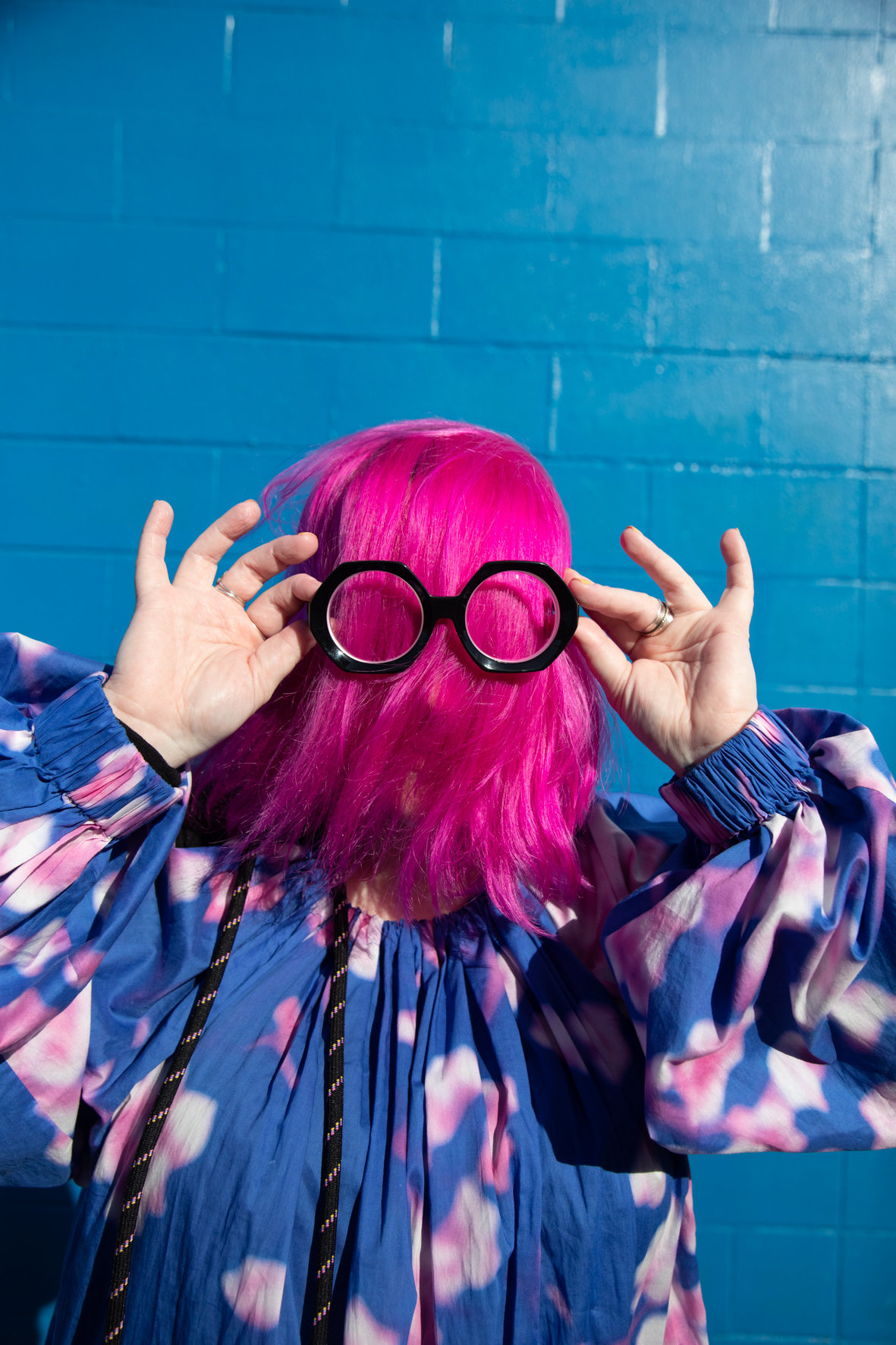
What has been the most meaningful moment of your career to date?
A few years ago I was asked to provide expert testimony in an immigration appeal for a rainbow person who had had their asylum application denied based on how the judge understood their identity. Standing up in court and being able to explain the type of violence and brutality this person would likely face (and had already experienced) was surreal. Towards the end the session the judge asked me, “How do you know so much about [redacted world leader],” and to my horror I scoffed and said “I’ve been writing letters to [redacted] since I was 11 years old as a member of Amnesty International!”. It was such a sassy response in a very serious environment.
The judge granted the person refugee status and they have started a new life in Aotearoa. This day has always stuck with me for several reasons. I think the judge was saying to me “Why do you care about this person and the country they come from?” It made me think lots about how when we talk about human rights, they have to be for everyone and not just for some. If we want to enjoy certain freedoms and protections in Aotearoa, we have to fight for everyone everywhere to experience that same safety.
What do you like to do when you’re not fighting for human rights?
I love getting out and about on my bike around the city. I’ve recently upgraded to an electric trike and it has changed my life. Four years ago I got knocked off my bike by a red light runner and suffered a traumatic brain injury that still impacts my balance. Three wheels is where it’s at!
I’m also usually running up something with my crochet hook – I find it a calming way to concentrate during long Zoom meetings.
